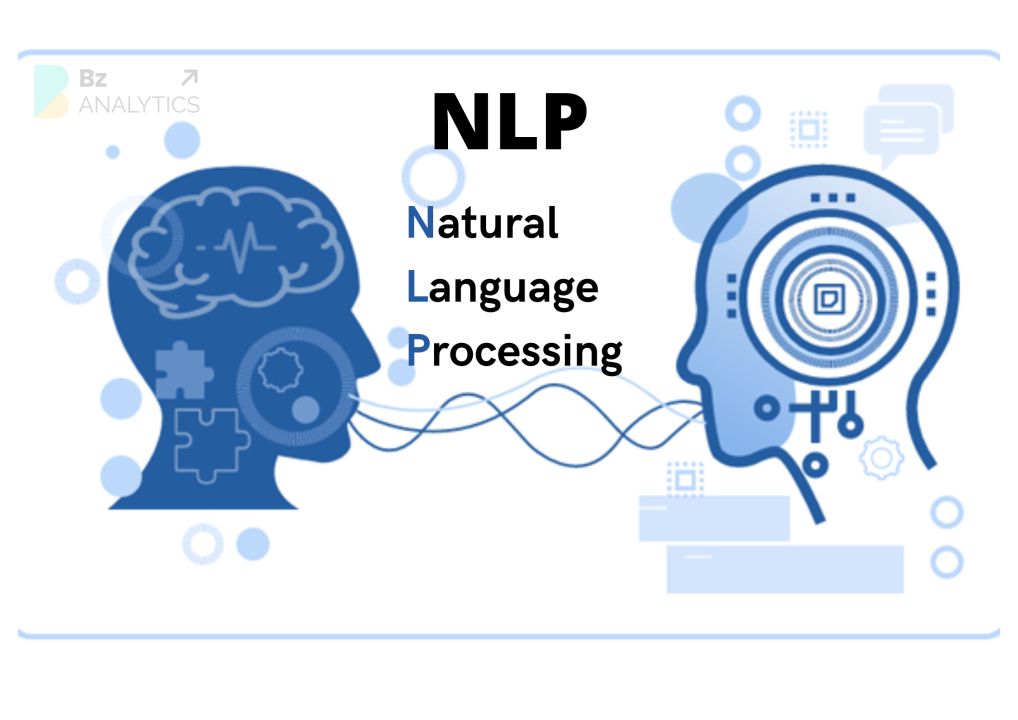Inquire
How we realise NLP for startup products

Natural Language Processing (NLP) has rapidly evolved from an academic pursuit into a core enabler of modern software products. For startups, implementing NLP opens up new ways to interact with users, automate processes, and create intelligent solutions that understand and process human language. From chatbots and virtual assistants to content analysis and voice interfaces, NLP can fundamentally enhance the value proposition of tech-driven products.
Realizing NLP in a startup environment begins with identifying the use case. NLP is not a one-size-fits-all solution; it must be tied to a problem that benefits from linguistic understanding. Common use cases include customer service automation, product search enhancement, sentiment analysis for reviews or feedback, intelligent document processing, and personalized recommendations. The clarity of the use case defines the choice of NLP model, data needs, and system architecture.
The next step is choosing the right tools and platforms. Open-source libraries like spaCy, NLTK, Hugging Face Transformers, and BERT offer robust models and APIs that can be integrated into products with relative ease. For startups without heavy computational infrastructure, cloud-based NLP services from Google Cloud Natural Language, AWS Comprehend, or Azure Text Analytics offer scalable solutions with pre-trained models. These services can handle a range of tasks language detection, entity recognition, sentiment scoring, and text summarization—right out of the box.
However, off-the-shelf models may not always capture domain-specific nuances. For example, an NLP engine built for legal document processing must be trained differently from one used in a food delivery app’s support chatbot. Startups often benefit from fine-tuning pre-trained models on their own data. This involves collecting relevant text data, cleaning and annotating it, and using machine learning techniques to adapt existing models to their specific context.
Another key consideration is language diversity. Startups operating in multilingual regions need to ensure their NLP systems support local languages. Leveraging multilingual models like mBERT or XLM-RoBERTa, or training models on regional corpora, allows for broader user inclusivity and better market penetration.
NLP also plays a vital role in enhancing user experience. A well-integrated NLP system can understand user intent from natural queries, making interfaces more intuitive. Voice search, smart replies, auto-tagging, and summarization features are all powered by NLP, and when done right, they reduce friction, increase engagement, and improve overall product satisfaction.
Despite the opportunities, there are challenges too. NLP systems can inherit biases from training data, leading to problematic outputs. Privacy is another concern language data often contains sensitive information. Startups must implement robust data anonymization and follow privacy regulations like GDPR or HIPAA when processing user content. Furthermore, latency and performance must be optimized, especially when NLP is integrated into real-time applications.
Conclusion:
NLP is no longer a luxury,it’s a strategic component of intelligent, user-centric startup products. By starting with clear use cases, leveraging modern NLP frameworks, and refining models to meet domain-specific needs, startups can deliver smarter experiences and automate complex language-driven tasks. As NLP technology continues to evolve, its integration into startup ecosystems will become increasingly seamless and impactful.
- Managerial Effectiveness!
- Future and Predictions
- Motivatinal / Inspiring
- Другое
- Entrepreneurship
- Mentoring & Guidance
- Marketing
- Networking
- HR & Recruiting
- Literature
- Shopping
- Career Management & Advancement


 SkillClick
SkillClick